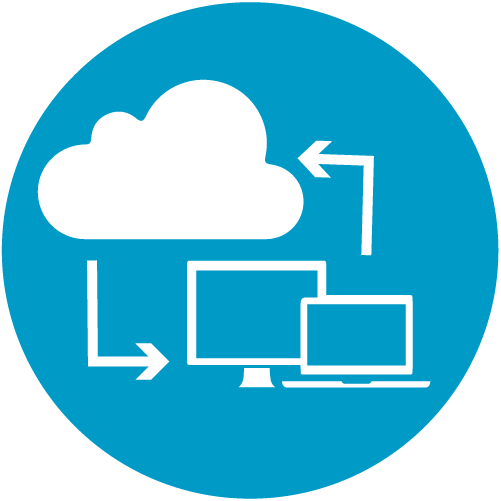
Research Computing
Access to advanced computing infrastructure becomes more and more important for state-of-the-art research even in domains where it was not required just a few years ago, like the social sciences or the medical sciences. The Centre offers and facilitates access to several research computing services as well as consulting to help figure out which service is most suitable for your problem. Available services are High Performance Computing (HPC), virtual machines, cloud resources, and machine learning.
Research Virtual Machines
Many researchers need specialised computing facilities that support a variety of different operating systems, allow interactive use rather than relying on a typical HPC batch scheduler, and run for extended periods of time (days to months). The Centre for eResearch, in collaboration with Faculty IT departments, supports the user-facing configuration, software installation, and development of virtual machines (VMs) for computationally intensive research and research-led teaching. ITS host the hardware in a managed VM Farm and provide the networking. Together, the combined expertise helps researchers make the best usage of these systems.
Nectar Research Cloud
Nectar Cloud provides a self-service computing infrastructure giving you access to your data and applications at any time, and the ability to collaborate with others from your desktop in a fast and efficient way. “The University of Auckland is undertaking a pilot programme to provide a New Zealand hosted research cloud based on the Australian National eResearch Collaboration Tools and Resources ([Nectar](https://nectar.org.au/)) approach.
Nectar Research Cloud provides a secure platform to access computing resources and cloud storage and collaborate without the need for researchers to purchase or host their own hardware. An ‘instance’ in the Research Cloud is a virtual machine (VM), which is just like a real-life machine with an operating system, network access, and hard disk storage, only running in a remote location. Instances can be copied, modified or shared, and are available in many different configurations of CPU, GPU, RAM, and storage size. Nectar Research Cloud is provided free of charge to users.
